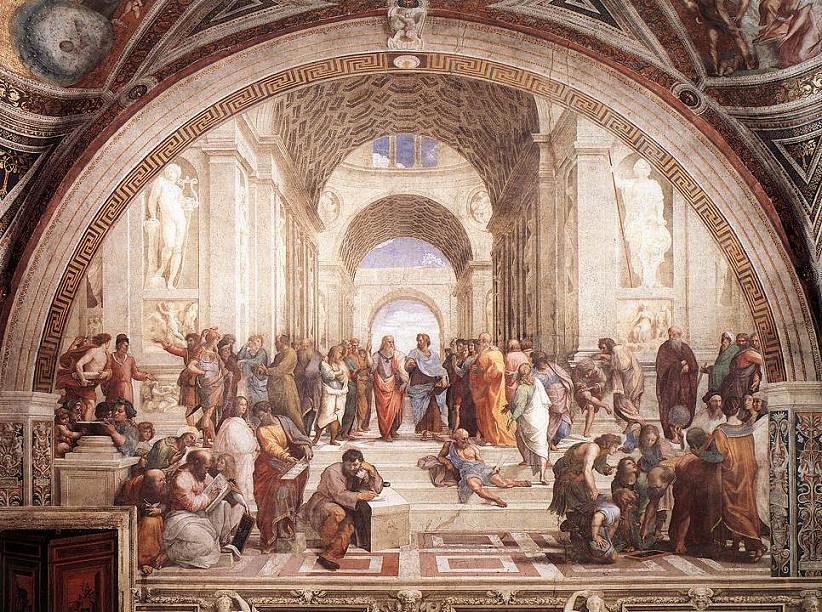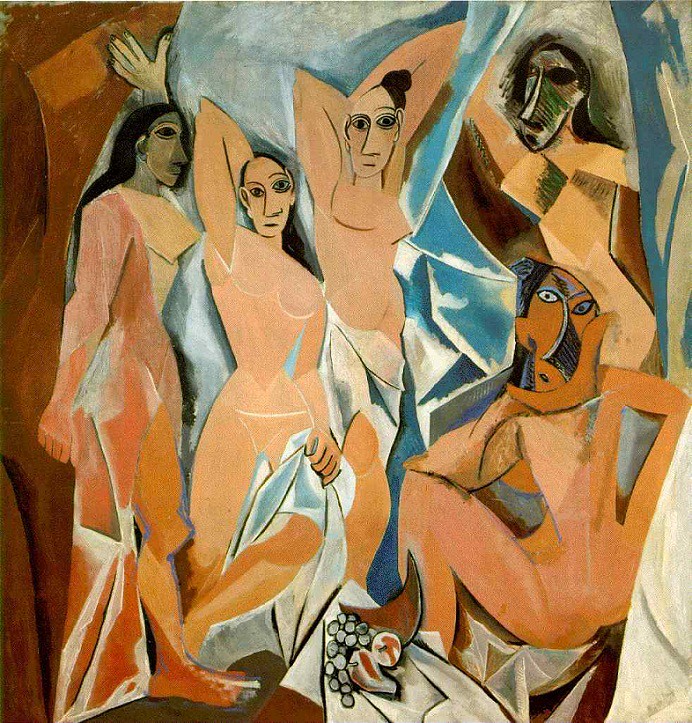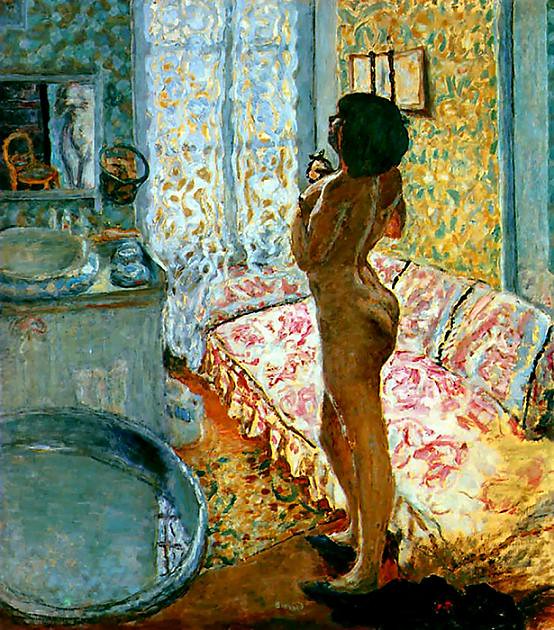
Originally Posted by
JBI

You couldn't be more wrong. Sound is like metre, is Homer playing with sound, or images? That's like you saying an artist is playing with ink.
Besides, this poem is far less dominated by sound than, lets say, a Du Mu poem. The think doesn't even rhyme, which is quite common in curtailed forms. These short poems in general are dominated by images, as that is all the form allows - there is no room for fancy "sound games" that are better suited for longer poems. That being said, there is metre, but that just effects sound - the way you read is tracing images, and moving with the eye of the poem. I don't need a wikipedia article to tell me that, I have the fancy edition of the book with the two page commentary in front of me if I need someone to tell me how to read.
I trust you are reading it in Chinese?
My view is that language does not deal with images at all. It uses ideas. If you want an image, you paint a picture or take a photograph.
Regardless of what poets think they are doing with "images", what actually happens is that the readers get snippets of abstractions. The readers are then forced to put the snippets together and they often do this sentimentally--or they just put the book of poetry down because they refuse to participate in the game. They realize, correctly, they have better things to do and there is more interesting art to enjoy.
I don't know enough Chinese to appreciate the sound and meaning of the poetry. I also assume you know Chinese better than I do. However, I have relatives who are Chinese and this keeps the language in front of me on a daily basis.
Also, I didn't mean to insult your intelligence with the Wikipedia article. I provided it to give you an idea that meter is important in these classical forms. This is a point that is not often understood. One source I have used in studying these poems is James Liu, The Art of Chinese Poetry, (U of Chicago, 1962). Although this is still an elementary text, I have found it interesting.
Just as a teaser, this is what Liu says in Chapter 3, Auditory Effects of Chinese and the Bases of Versification:
Just as the visual effects of Chinese characters in poetry have been exaggerated, so have the auditory effects of Chinese poetry been relatively neglected by Western translators and students.
Since you offered a translation, here is one of mine, done many years ago of a poem by Wang Zhihuan about climbing Stork Tower. My original motivation in writing the poem was to learn the language and I was told that children are taught Chinese by memorizing some of these Tang poems.
I tried to translate this using as close to as many syllables as the 5-character form uses. I have two more syllables than the original. I understand from Liu that the second and fourth line are required to rhyme in this form and so I placed a rhyme there. For meter I picked an alternating accent-unaccented pattern and added alliteration.
I'm sure you'll notice the difference in our approaches to translation.
白日依山盡,
黃河入海流。
欲窮千里目,
更上一層樓。
Mountains shine in sunlight.
River runs to sea.
Climb those stairs, one storey--
Miles of majesty.
Just to see if a machine can do it better, Google translate does it like this:
Sun mountains,
Yellow River flows into the sea.
For a grander sight,
A higher level.




 Reply With Quote
Reply With Quote





